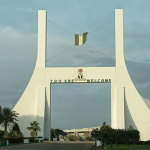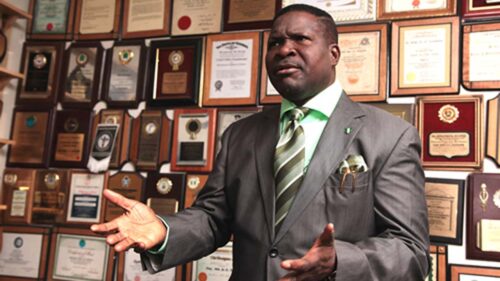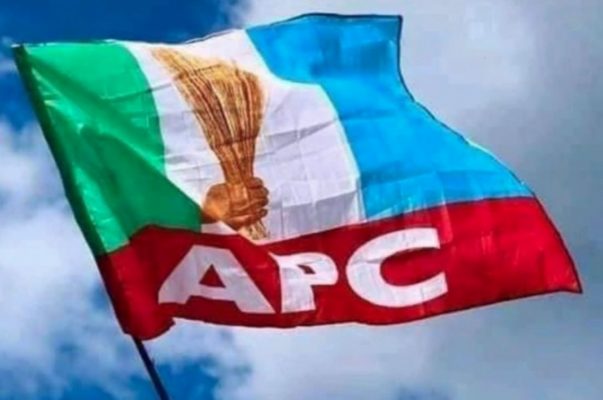The CBN/MTN fine: The gift that keeps on killing

By Yakubu Abubakar
The nation has watched stupefied as allegation after allegation have been thrown at telecommunications giant, MTN Nigeria over the last few weeks. Some have vehemently insisted that the travails of the company began a few months earlier when ‘well-meaning’ officials of the Nigeria Labour Congress picketed some of the company’s offices to ‘fight’ for the unionisation of their comrades. This was until videos later emerged of persons dressed in NLC-marked clothing, assaulting MTN’s employees.
MTN’s pains, to some, may have begun in 2013 when the Nigeria Communications Commission (NCC) fined the company N1.3 trillion for failing to disconnect unregistered SIM cards from its network. Yet, few have traced the source of the seemingly consuming pain of running the country’s (and Africa’s) biggest telco to the decision by the MTN Group to put its feet in the infamously hostile economic environment that is Nigeria. The cumulative refunds and fines that have been thrown at the company now exceed $10 billion.
Nigeria’s political and economic situation is presently in a precarious state, as everything seems to be fraying at the edges of its already haphazard tapestry. Shifting political alliances are only just being consolidated with whisperings of more imminent moves as the jockeying that typically precedes national elections intensifies. The power shakers are playing a convoluted form of chess while most ordinary Nigerians watch helplessly, holding ‘ayo’ seeds in their palms.
The World Poverty Clock recently released results showing that Nigeria has surpassed India, a country with ten times its population – not in terms of being the technology outsourcing capital of the world; not because Nollywood has outclassed Bollywood but in the number of severely impoverished people. The political universe did not bat an eyelid, save for the customary calls by administration officials that the numbers were doctored, biased and played to a tired international stereotype of Nigeria.
The world is watching with concern and appears to be voting with its feet. The 2018 World Investment Report has shown a fall in FDI inflows in the country by 21% from a respectable $8.8 billion in 2011 to $3.5 billion in 2017. The report did not stop there, pointing rather accusing fingers at Nigeria for being partly responsible for a continent-wide dry up in new investment. “FDI to West Africa fell by 11% to $11.3 billion, due to Nigeria’s economy remaining depressed,” the report crooned. This, in itself, illustrates how investor confidence in Nigeria continues a downward path. And yet, potential sources of FDI that can actually be used in developing our economy are being chased by our treatment of the FDI that is presently in-country that it is pertinent to ask – what is really happening? Is this another case where the ordinary man does not and cannot know the truth?
The consistent shakedown of MTN from many sides illustrates the need for all of us to take a pause. Maybe this is not what it appears to be. What is it really? While we crack our heads in order to decipher the thought patterns behind these actions, MTN has made moves to protect its assets by filing a suit at the Federal High Court. Will this be enough to protect it from those hell-bent on seeing our economy in ruins?
Yakubu Abubakar, a legal practitioner, writes from Lagos.










